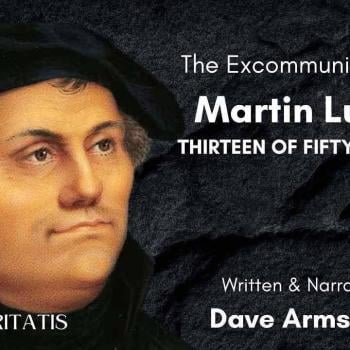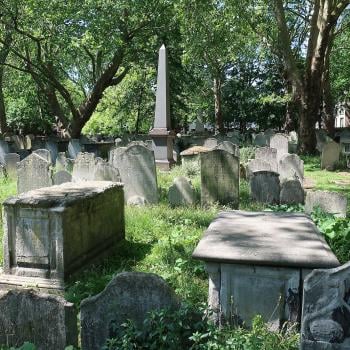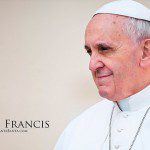The lurid failure of Charles and Diana's marriage was some help in exposing the obsolescence of establishment. The poor prince had been forced to marry a dizzy blushing virgin rather than the more experienced (and already married) woman he was in love with, who became his mistress (and is now his wife). Religious protocol had contributed to a grim human tragedy. (Something broadly similar happened a generation earlier, when Princess Margaret, the Queen's sister, was pressured by the Church to renounce the love of her life, as he was a divorcée.) Mindful of this history, the current pair, William and Kate, have been at pains to show that they are well-adjusted modern types with the same sense of humor—code for proven sexual compatibility. In their official engagement interview it was carefully acknowledged that they have long co-habited. There was an intentionally sharp contrast with the engagement interview of Charles and Diana, in which the groom-to-be seemed openly embarrassed to be with this girl who had been chosen for him, who could barely lift her gaze from the floor.
As his marriage collapsed, Charles himself tried to sound modern and relevant by distancing himself from an aspect of establishment. He said that when he became king he would like to drop the title "Defender of the Faith," and be known instead as "Defender of Faith." No definite article. He has also stated his intention of having a multi-faith component to his coronation, which is traditionally a very monocultural religious event.
So some cracks in the union of throne and altar have appeared in recent decades. But the Church of England has been very reluctant to add to them. Rowan Williams, who will preside at this month's ceremony, is exactly the sort of donnish liberal Anglican who is gently critical of royal tradition and all things Tory. Not long before he was appointed to Canterbury he flirted with disestablishment, and wrote a book (Lost Icons) in which he questioned whether monarchy was still an effective social unifier. Once in the top job, such sentiments melted away. He has seen his role as unifying the national Church, as well as the Anglican Communion—and in both cases he has managed to suppress various unhelpful liberal opinions.
My awkward loyalty to this tradition was shaken soon after 9/11. The debate about religion and secularism that ensued woke me up with a jolt. The compatibility of Christianity and liberalism had to be announced, and the old order confused things. It had to go. Making this move in my mind was exciting, a liberation from inherited muddle—but also felt like a betrayal. It felt, and still does, like a betrayal of roots, of home, of the super-subtle code of the tribe, and even of that exemplary old grandmother, Her Majesty. Part of me says: Englishness depends on a spirit of pragmatic evasion of certain issues, a willingness to give tradition the benefit of the doubt over reforming schemes. And one such tradition is that which affirms a national Church, with the monarch at its political head. Earnest, purist, reformist opposition to this would end the delicate glory of the national soul. And the rest of me replies: so be it. In the name of Christ it must end.
I wish William and Kate all the best: they seem like the nicest sort of posh folk. But I also want to tell this young man that his future job is religiously problematic, that his funny family is unwittingly stifling the renewal of Christianity in my land.
This article was first published at Killing the Buddha and is reprinted with permission.




